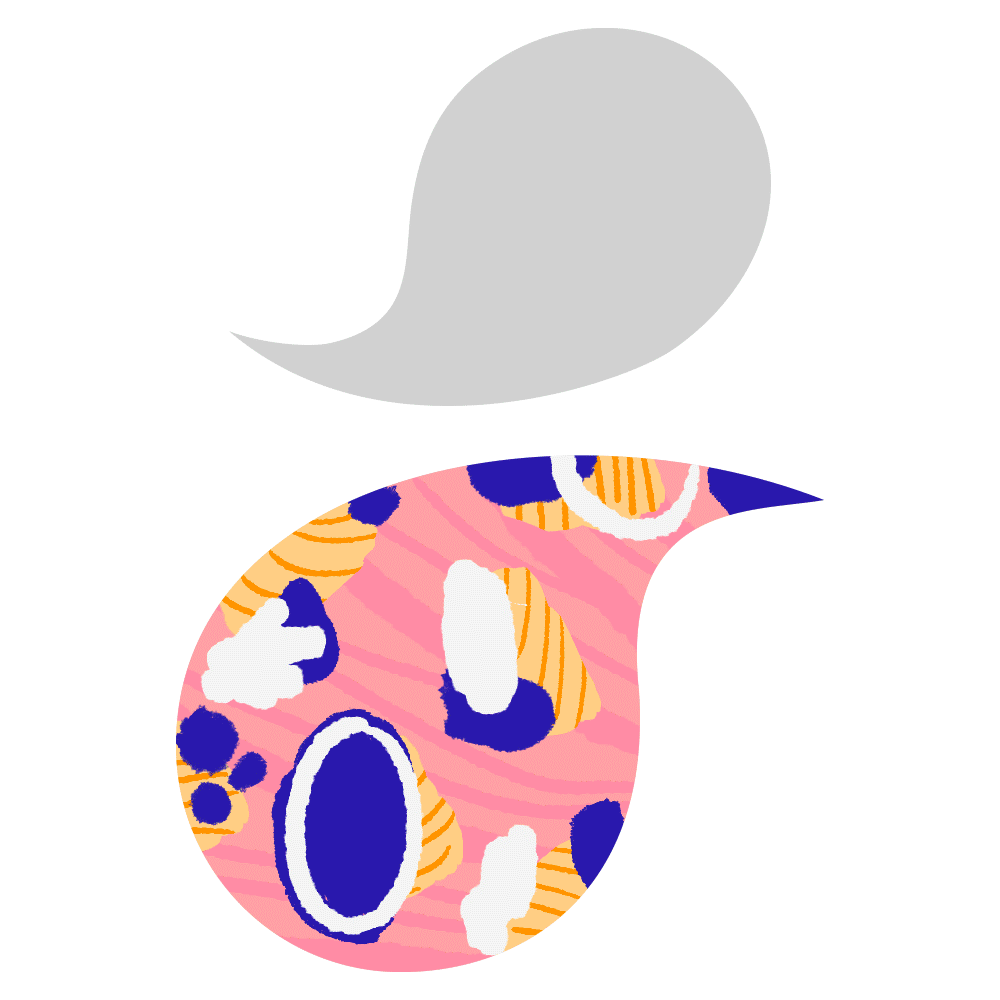Optimizing the listing experience for quality and commitment
From 2019 to 2021 my team focused on improving the quality and volume of our supply. This was a multi-product effort to tackle several early stage problems hosts face when they begin listing their car and accepting trips.
Metrics
Host Acquisition
Once a prospective host arrives at the Turo site, or downloads the Turo app, they will need to learn more about hosting before they decide to sign up and list their first car. The information we show them is crucial in acquiring them as a user.
Supply Activation
Once a listing is created and a host accepts their first trip, their vehicle is considered active supply.
New Host Fulfillment
Defined by when a host completes their first trip and does not cancel. This is a leading indicator of hosts continuing to be successful and stay on the platform.
Company problem
In 2019 we took a fresh look at our supply data and realized we had a number of problems.
Low acquisition rate
Only 58% of prospective hosts who navigated to the first of five value proposition screens actually went on to start the listing flow.
Significant drop off before the host even entered the flow
Later in the flow, details and photos both showed high drop off
High flow abandonment
Multiple steps in the listing flow had high drop off points, including the description and photo steps. This resulted in more manual efforts to “save the lead”. Turo had a small sales team dedicated to calling hosts who abandoned to coach them and answer any questions.
Low host fulfillment
Many Hosts that successfully got through the flow on their own still went on to cancel their first trip or churn soon after their first trip. We suspected the post-listing flow didn’t do enough to prepare hosts for their first trip request.
At the end of the flow, we discovered there was still significant cancellations and churn. We suspected our post-listing outro was ineffective.
In short, we had a very leaky funnel…
We conducted multiple methods of research to uncover the pain points associated with the different problems.
Heuristic evaluation
One of our researchers, Angeline Vu, conducted a heuristic evaluation of the end to end listing flow experience and brought to light major short comings in our content strategy.
Design audit
I took a look at the experience from a UX and Visual design perspective and highlighted poor legibility, outdated design patterns, and problematic UX.
Interviews with Hosts
Our lead researcher, Nate Mahoney, conducted interviews with existing hosts on their experiences navigating through the listing flow. Later, another researcher, Ansaria Mohammed, led two studies to understand host sentiment and host churn.
Shadow calls with our Sales teams
At Turo, we have a sales team that reaches out to hosts who abandon the listing flow to answer any reservations and concerns. I interviewed and shadowed them on a few calls to understand what information was missing from the listing flow.
Competitive analysis
We looked at listing flows and sign up flows from similar companies including Airbnb, outdoorsy, getaround, and more.
Designer led research
A fellow brand Designer, Nate Mandreza, redesigned the landing page on web and tested the redesign with users. I was able to leverage his insights and make informed decisions on my own work.
Insights
Not enough information
The lack of information about insurance is one key factor for abandoning the listing flow or cancelling a first trip
“I want more specific information about how the vehicle is protected as far as insurance goes. It’s most important because it gives me peace of mind that I’m protected.”
-Host participant, Host listing research 4/2019
“Turo did not explain how anything works before listing my car online! I thought they would spell things out clearly... No you did not! Not even a little!”
-P11, 0 trips Host churn research 11/2019
Hosts most commonly asked “What happens if my car get’s in an accident? What happens if the car get’s stolen? What happens if someone gets hurt”
- Interviews with Sales team
Missing guidance
Several research inputs pointed to missing guidance on crucial steps in the flow.
Video recording of a host’s thoughts on car description
Photos
”Photos is a huge friction point and makes up about 25% of abandonment”.
- Sales associate
Car description
“I don’t know what to put in the box. I had to look up examples of people with the same car as me to cross reference for a good description. I can't find them on Turo, there is no search bar to see the specific car I want to rent. I looked it up on Google for people with the same car to pull up accounts on Turo.”
- Host participant
Existing User journey



Solutions
Project one (2019)
Optimized pre-listing flow
We gave hosts more detailed information about how Turo works and how protection and coverage helps mitigate risk for hosts.
Project two (2020)
Added guidance and recommendations on high friction areas
We identified several key points of friction and settings that when set correctly, were leading indicators of a host’s success.
Coming soon!
Project three (2021)
Required an orientation after listing to prepare hosts
After completing a listing, we added a new requirement to complete a 15 minute host orientation call with our sales team in order to set them up for success and answer any questions. This was launched as an A/B test then proved to be highly successful so we enshrined in several markets.
Coming soon!







